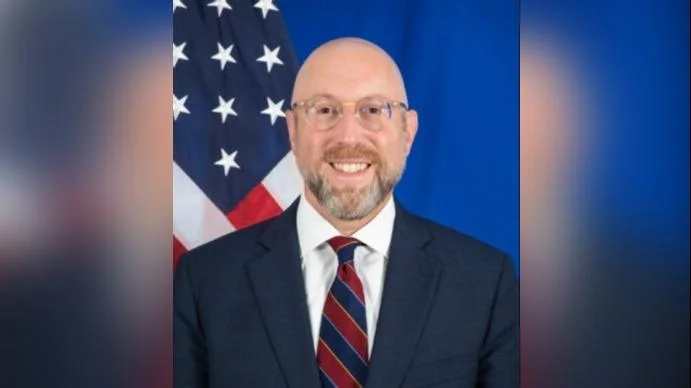In the first 100 days of Secretary of State Marco Rubio's tenure, a focused America First foreign policy agenda has been implemented. This initiative aligns with the Trump Administration’s priorities and involves collaboration with key agencies.
Secretary Rubio emphasized that all actions should answer one of three questions: "Does it make America safer? Does it make America stronger? Or does it make America more prosperous?"
Significant steps have been taken to reorganize the State Department, aiming to enhance its diplomatic mission. A major effort involved terminating various foreign assistance-funded grants and contracts deemed inconsistent with administration priorities, amounting to over $80 billion. An 85 percent reduction in USAID programs was overseen, with plans to transfer remaining programs aligning with current priorities.
Efforts have also been made to secure the release of Americans detained abroad and deter China's influence in the region. Secretary Rubio’s diplomacy led Panama to exit China’s Belt and Road Initiative, while other nations like El Salvador and Mexico moved closer to U.S. alliances.
Visa policies were adjusted following President Trump's zero-tolerance approach towards foreign visitors linked to terrorist activities. The issuance of U.S. passports reached a historic high in March due to process improvements.
Economic measures included advocating for U.S. companies and brokering trade-linked security pacts with Canada and Mexico. These efforts tied fentanyl interdiction and illegal immigration reductions to tariff relief.
In terms of energy exports, there was an emphasis on promoting U.S. liquefied natural gas as a preferred fuel internationally. Energy cooperation was strengthened in Guyana and Suriname, among others.
The fight against illegal immigration saw attempts reduced by 95 percent through a coordinated media campaign across multiple countries. Additionally, several violent groups were designated as Foreign Terrorist Organizations.
Steps were taken against adversaries such as China for actions in Hong Kong and Tibet, while sanctions were placed on entities supporting Iran's nuclear program.
Lastly, efforts were made towards promoting peace through increased NATO defense spending commitments and facilitating talks between Russia and Ukraine.

